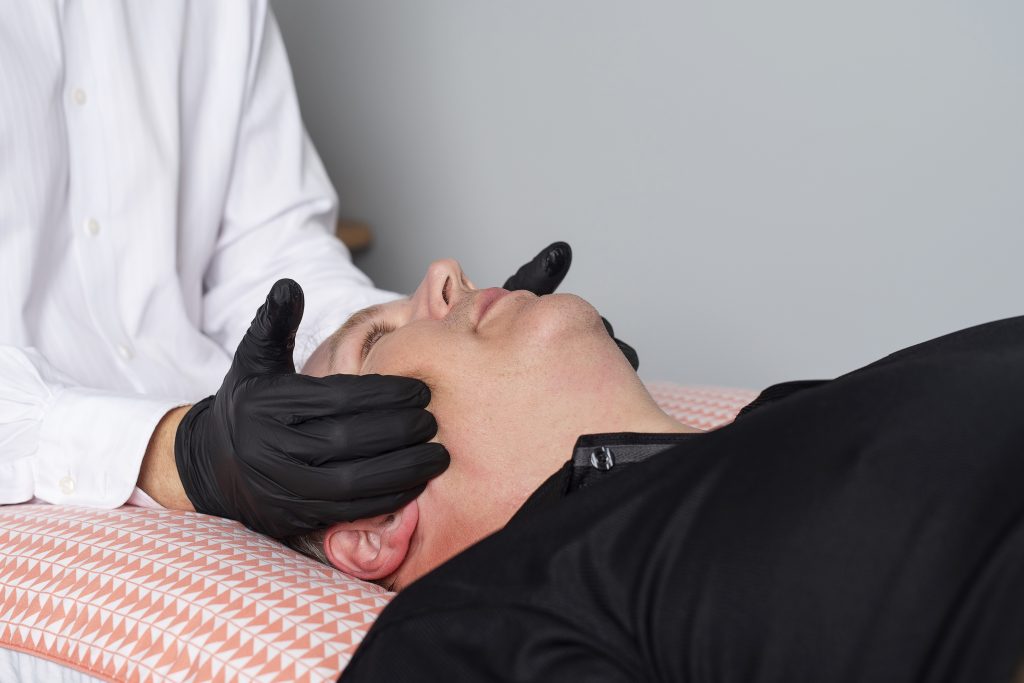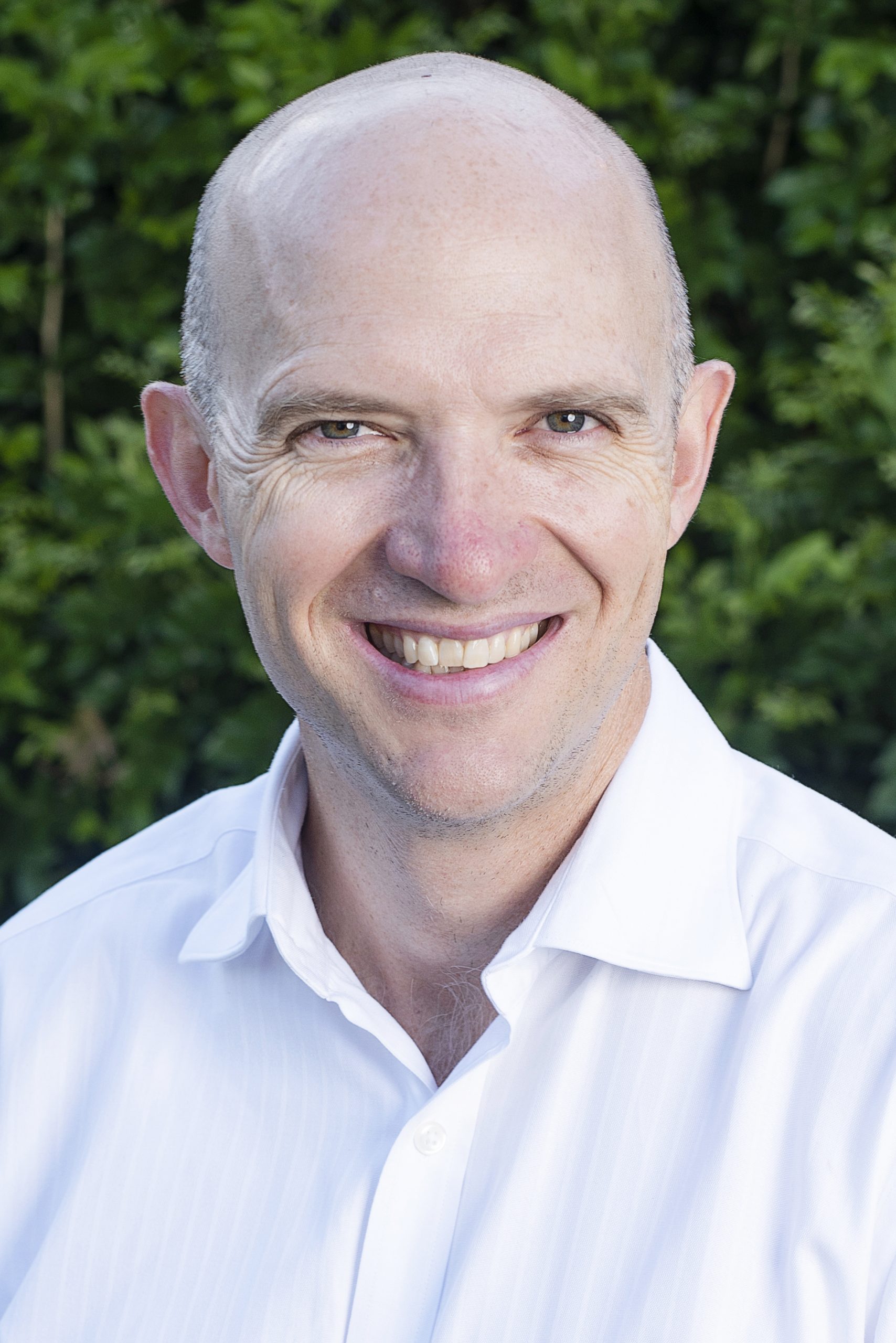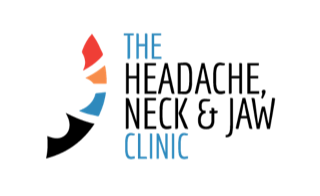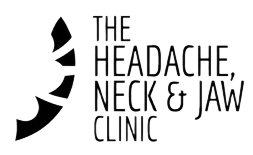
Jaw trauma and injury is common and often resolves with time and rest. Compared to injuries in other joints, it is almost impossible to completely rest the jaw, but you need to give the injured tissue time to cycle through the natural stages of the healing process. Just like it hurts to keep walking on a twisted ankle, it hurts to keep using a sprained jaw joint.
Instead of reaching for a crutch for your jaw, try these tips to give your jaw a chance to recover.
DO
- Keep your jaw in neutral posture: place tongue on roof of mouth, teeth apart, lips together and breathe through your nose
- Maintain good neck posture: the jaw and neck are critically dependent on each other
- Try both heat packs and cold packs
- Trial both anti-inflammatories and analgesics (e.g. panadol). Do not exceed the guidelines on the packet and consult your GP if you are unsure whether it is right for you.
- Avoid Stressful situations! Do whatever works for you to relax.
- Cut food into small pieces to avoid opening your jaw past 20 mm
- Try to chew evenly on both sides of your mouth (within reason)
DON’T
- Eat hard and chewy foods, choose soft foods like pasta or fish. You don’t have to eat soup!
- Tear food with your front teeth e.g crusty bread rolls
- Chew gum, pens or ice, no biting nails

By modifying your lifestyle and eating habits in accordance with these 10 simple guidelines, you should be able to avoid the jaw movements that cause your pain to persist.
If your jaw is not getting better with these exercises, you may need to consult an experienced TMJ and Jaw Physiotherapist at The Headache, Neck & Jaw Clinic who excel at expediting your recovery to have you pain free and eating all the good stuff again.

Nigel Smith, co-founder of The Headache, Neck & Jaw Clinic, has over 20 years of experience as a specialist physiotherapist in jaw, neck, and headache pain management. Initially pursuing sports physiotherapy, Nigel found his true calling in TMJ treatment following a chance encounter with an oral surgeon.
His personal experience with TMJ issues and his dedication to developing conservative treatment pathways have made him a go-to expert for Dentists and oral surgeons seeking alternatives to surgical options.
Nigel’s commitment to excellence includes advanced training with the Watson Headache® Institute and lecturing at the University of Queensland. His expertise, backed by decades of hands-on practice and training, makes him a respected leader in this niche field. You can read more about my background, here.

